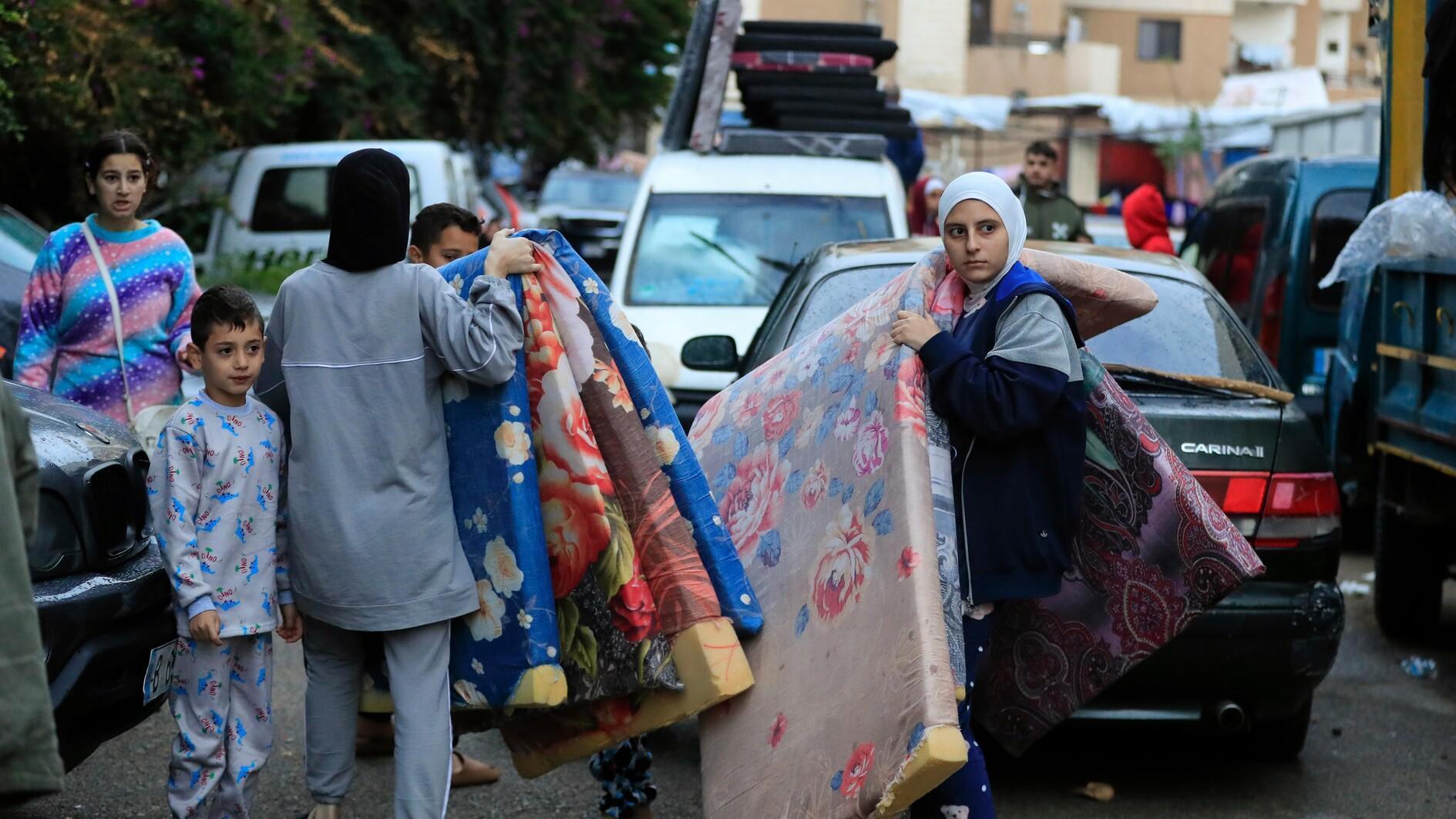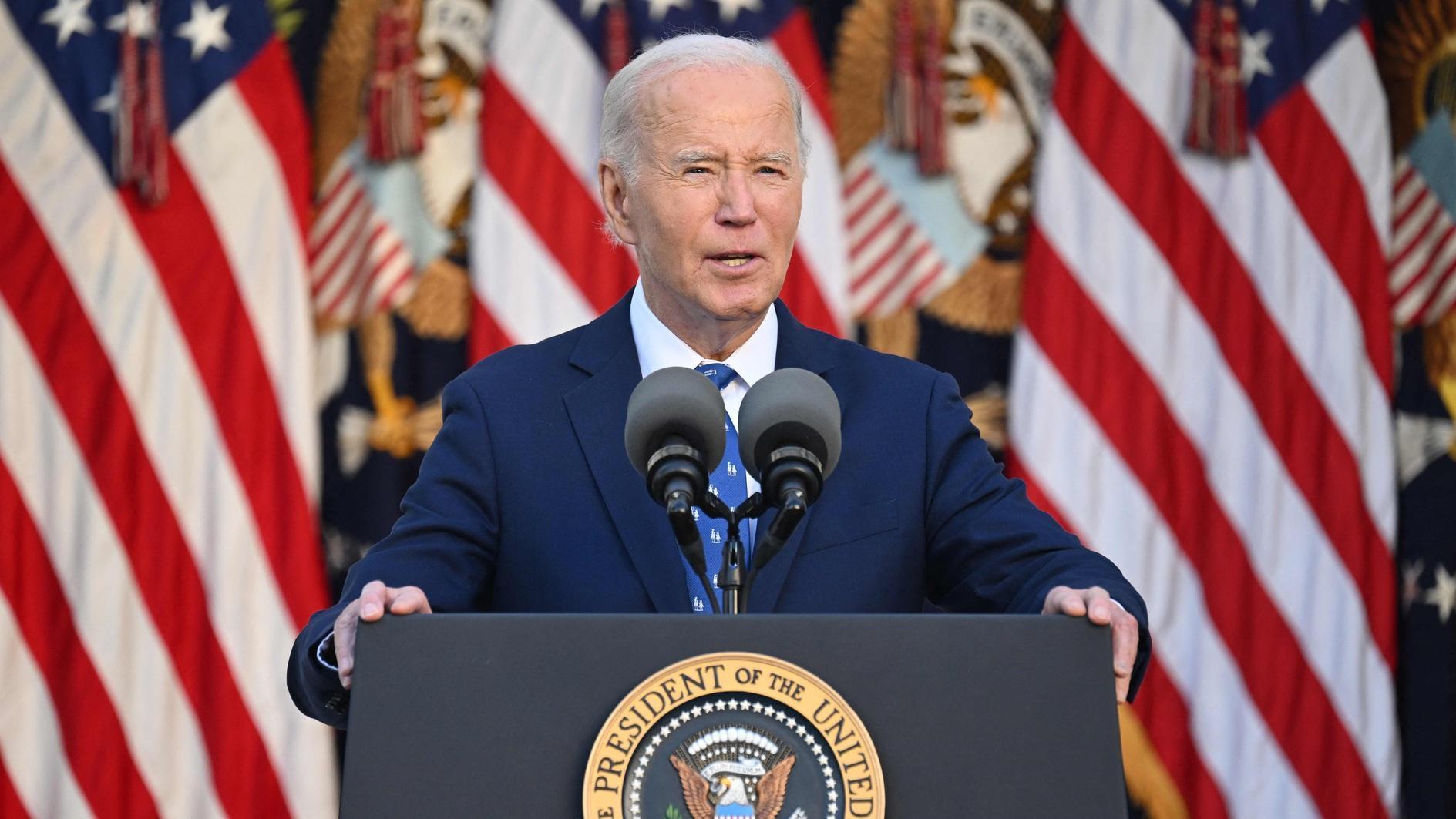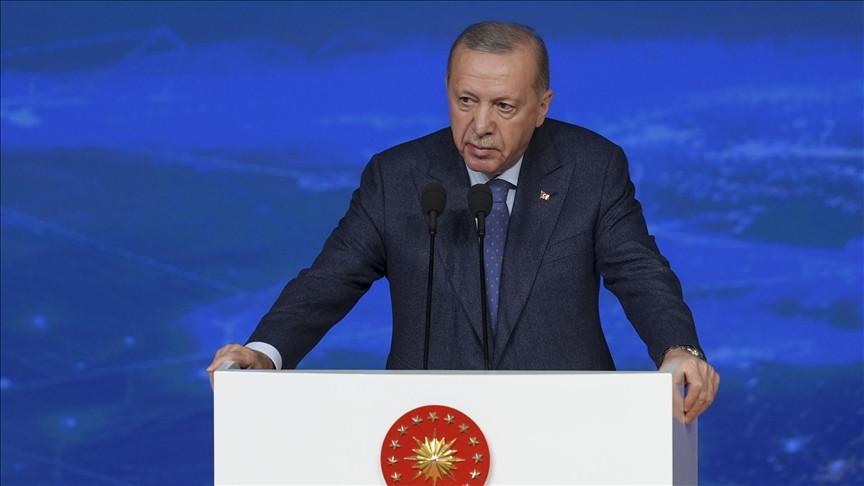The Turkish destiny
“This is the beginning of a long way, of walking together, hand in hand and shoulder to shoulder.”
This is not how Turkish leaders viewed their country’s long march toward Europe half a century ago. This is how Turkish leaders view their country’s march of unknown length toward Asia in the year 2013. The trouble about bridges is that they can hardly fully belong to one soil, or walk in either of the directions they bridge.
With the choice of European Union membership, Turkey declared that its destiny would be the destiny of the EU countries. After Turkey signed up to become a dialogue partner of the Shanghai Cooperation Organization (SCO), Foreign Minister Ahmet Davutoğlu said: “With this choice, Turkey is declaring that our destiny is the same as the destiny of the SCO countries.”
Precisely! Though, not entirely. Turkey’s useful-and-disposable idiots can always busy themselves with liberal dreams of various shades of pinky colors, but the foreign policy master has put it very plainly, apart from his historic pledge to walk together, hand in hand and shoulder to shoulder with a grouping of countries, when he said: “Turkey will be part of a family which is composed of the countries which lived together for not centuries – for millennia.”
If one cannot respect Dr. Davutoğlu’s precision about the Turkic-Asian history, one should respect, at least, his good intentions. From the foreign minister’s words we understand that Ankara is only too happy to have been granted a diplomatic status – SCO’s dialogue partner – earned long before by two other nations with which the Turks “hope to walk hand in hand and shoulder to shoulder.” These lucky nations are Belarus and Sri Lanka.
But Turkish ambitions are certainly higher than that. Such as “being part of a family which is composed of countries which have lived together not for centuries – but for millennia.” The dialogue partner status was a perfect first step to join the family. But there is one level higher than dialogue partner before one could really wholeheartedly embrace the family members: observer status.
Having successfully passed the first but crucial step of earning the dialogue partner status, Turkey hopes to win observer status in the SCO. When it has achieved that prestigious status, Turkey will join the family members being kept in the antechamber: India, Iran, Pakistan, Afghanistan and Mongolia (since dialogue partner status held by Belarus and Sri Lanka is below that of observer status held by India, Iran, Pakistan, Afghanistan and Mongolia).
Finally, Turkey hopes to officially become a member of the security bloc dominated by Russia and China: the forefathers of a family which has lived together not for centuries – but for millennia.
The foreign minister’s rhetoric is perfectly honest and realistic – at least more honest than any fancier word by any useful-and-disposable idiot around. But allow me repeat for the useful-and-disposable idiot’s ear what the foreign minister had to say:
1- Turkey has chosen to become a dialogue partner of the SCO;
2- This choice means that Turkey’s destiny is – hopefully – the same as the destiny of the SCO member states;
3- In the near future, hopefully, Turkey will win the status higher than the one it now has and is held by India, Iran, Pakistan, Afghanistan and Mongolia;
4- Turkey, Sri Lanka, Belarus, India, Iran, Pakistan, Afghanistan, Mongolia, China, Russia, Uzbekistan, Kyrgyzstan and Tajikistan are a family of countries which have lived together not for centuries – but for millennia.
That’s fine. But probably bad news for fans who have the habit of accusing me of having crypto-Armenian, -Greek and -Jewish (and sometimes Kurdish) descent. Did you, gentlemen, know before the minister’s Kodak-moment words that you had Sri Lankan, Chinese, Russian, Belarusian, Iranian, Indian, Pakistani, Afghan, Mongolian, Tajik, Uzbek, Kazakh and Kyrgyz descent? And not so crypto either.










